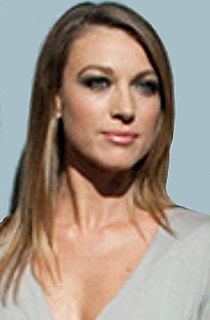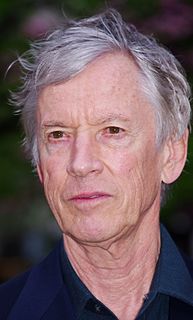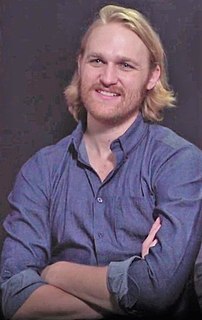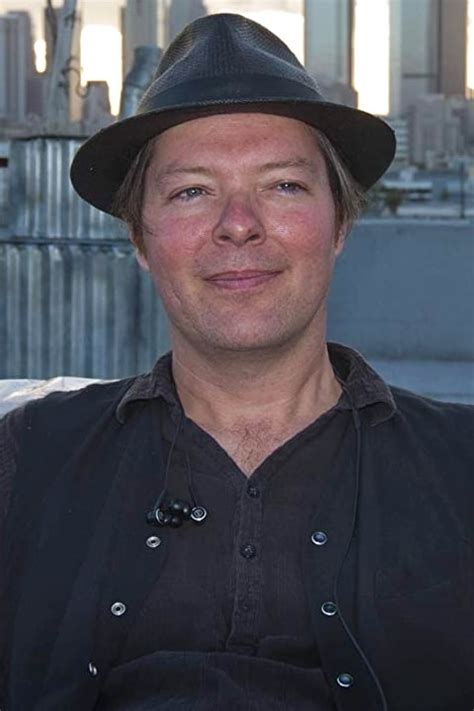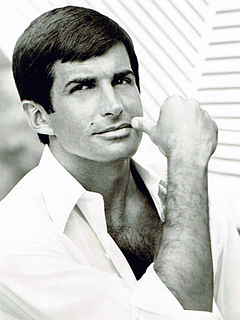A Quote by Natalie Zea
Before I read the script [The Following], I saw the schedule, and imagine how confusing that was. I thought it was intriguing. I'm an actress. Even if it's, by proxy, all about me, I'm all for it. It was all about me, but I didn't have to show up, so it was great.
Related Quotes
Before I read the 'Bloody Sunday' script, I have to admit I hadn't thought about it that much. There was probably even part of me which assumed there was no smoke without fire. That the Catholics who were shot must have done something to provoke such a response from the army. I was extremely ignorant of the whole situation.
The third season of the Leftovers came along and Damon Lindelof sent me the script to Episode 3, and I called him up and thanked him for one of the greatest gifts I've been given. I had that script for almost two months, in the mountains in Idaho, before I even got on a plane and flew to Australia and went to the outback. He also told me to learn about the indigenous people in Australia and learn how to play a didgeridoo. It was just great. It was probably, in many ways, the best acting experience I've ever had.
It certainly woke me up to how vulnerable we all are. I think I was much more cavalier about it before I started working on the movie [Edward Snowden], and then the more I read the documents themselves and saw just how sweeping and indiscriminate the intrusions into our privacy have been, it made me more aware.
I had to audition for Fandango. When I read the script, the role that was interesting - so everyone thought - was the role that Costner played. He was the cool guy. And I read the script, and my representation at the time said, "That's the role you should read for." And I was like, "Really? How about I read for this other role." And they went, "Well, you're not going to get that role."
Adrian suddenly glanced up at me. Our gazes locked, and I felt like he could read my mind. How often did he think about that kiss? And if he really was crazy about me, did he imagine more than just kissing? Did he fantasize about me? What kinds of things did he think about? His lips on my neck? His hand on my leg? And was that leg bare . . . ?
Directing, to me, starts even before we get to the set. Directing is a fluid, an abstract thing. It's not done only purely in the moment. It's an idea that you plant before. It's a location that you show. It's something I whisper in someone's ear. It's a freeform thing. It only takes me a week to write the script, but it's years that you're thinking about it. The execution is really the fast part.
I do remember when I first read the script of the 92 In The Shade. I was in the house at Nicholas Beach, and that gang was starting to break up, and I read this terribly well-written dialogue, not figuring out that films are about structure and the thing was totally unstructured, and I thought, "Who is this writer? God, he's great."
I was approached by the filmmakers. I didn't know much about the project ["Selling Isobel"], and the more we talked, the more they started to confide in me. I read the script and thought it was really interesting, and then a week later I discovered that this wasn't just any old script, this was actually Frida's [Farell] story and she was trusting me to tell it. I felt very privileged.
At MGM there was a script cage in the basement where they’d show rushes. And I thought to myself, “How do I get into the script cage and find out what my future is?” I climbed into the script cage one night and spent the whole night in there. I saw the bowels of MGM. I saw the studio scripts that the producers had seen; the writers had just handed them in. And I started thinking this is a chance to pick my own roles.
